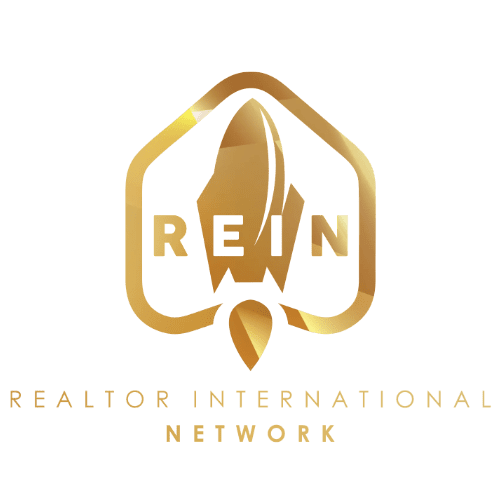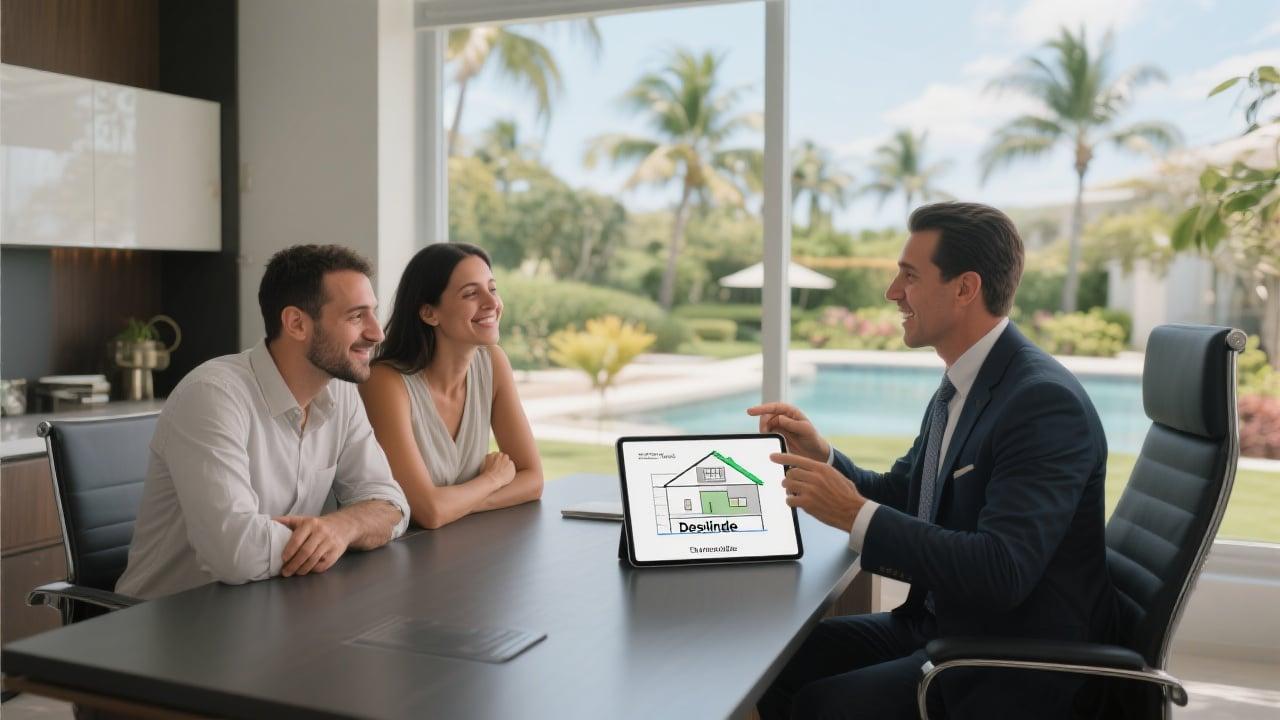The dream of owning a home in paradise is powerful, but navigating the Punta Cana home buying terminology can feel like learning a new language, especially for international buyers. In my decade of guiding clients to their dream properties in the Dominican Republic, I’ve seen that a clear understanding of these key terms is the foundation of a confident, secure, and successful investment. Misunderstanding a single term can lead to costly delays or unforeseen complications.
This is not just a simple glossary. This is your definitive insider’s guide, designed to demystify the entire process. We will go beyond basic definitions to explain the practical importance of each term, empowering you to engage in the process with clarity and control.
Table of Contents
The Foundational Shift: Why Dominican Real Estate Terms Are Different
Before we dive into specific terms, it’s crucial to understand a fundamental difference in the Dominican real estate process: the central role of your lawyer, or abogado. Unlike in many Western countries where title companies handle closings, here, your independent attorney is your primary legal shield. They draft the contracts, conduct the due diligence, and ensure your rights are protected. Many of the key terms you’ll learn are tied directly to this legal framework.
Decoding Key Punta Cana Home Buying Terminology
Let’s break down the vocabulary you will encounter on your journey to ownership.
The Contractual Core: Your Most Important Documents
These are the legally binding documents that form the backbone of your transaction.
- Promesa de Venta (Promise of Sale): This is the most important contract you will sign after your initial offer is accepted. It is a comprehensive legal document, drafted by your lawyer, that outlines every single detail of the transaction: the final price, the payment schedule, all contingencies, penalties for default, and the closing date. It is far more robust than a standard North American sales agreement.
- Depósito de Reserva (Reservation Deposit): This is the initial, smaller deposit you make to take a property off the market while your lawyer begins the due diligence process. It demonstrates your serious intent and typically ranges from $5,000 to $25,000 USD, depending on the property’s value.
- Acto de Venta (Deed of Sale): This is the final document you sign at closing. Once signed by both you and the seller and notarized, it officially transfers ownership of the property to you. Your lawyer then uses this document to register the new title in your name.
The Due Diligence Shield: Terms That Protect Your Investment
Due diligence is the investigative phase where your lawyer ensures the property is a safe and clean investment.
- Título de Propiedad (Certificate of Title): This is the official government document that proves the seller is the legal owner and has the right to sell the property. Your lawyer’s first step is to obtain a copy of the title and verify its authenticity.
- Deslinde (Survey/Demarcation): This is arguably the single most critical term for a buyer to understand. A deslinde is a government-approved, GPS-based survey that definitively marks the property’s exact boundaries and legally separates it from all adjoining properties. In my experience, you should never, under any circumstances, purchase a property that does not have a completed deslinde. It is essential for a clean title transfer and is required to obtain financing.
- Home Inspection: While not legally mandatory in the DR, we consider it an essential step. A professional home inspector will assess the property’s structural integrity, plumbing, electrical systems, and more, identifying potential issues that are not visible to the untrained eye.
The Financial Framework: Understanding the Money
- Closing Costs (Gastos de Cierre): As the buyer, you are typically responsible for closing costs. These consist primarily of a 3% Property Transfer Tax (based on the higher of the purchase price or the government’s assessed value) and approximately 1% of the purchase price in legal fees for your attorney.
- The Confotur Law Advantage: This is a game-changing term for savvy investors. The Confotur Law (Law 158-01) was created to promote tourism development. If your property qualifies (and most new developments do), you are granted a 15-year exemption from both the 3% transfer tax and the 1% annual property tax (IPI). This can save you tens of thousands of dollars and significantly boosts your return on investment.
- Financing for Foreigners (Financiamiento para Extranjeros): Yes, foreigners can obtain mortgages from local Dominican banks. The process can be more document-intensive than in your home country, and loan-to-value ratios may be lower. Developer financing is also a common and popular option for pre-construction projects.
Common Pitfalls: Misunderstood Terms to Avoid
- Buscón vs. Licensed Agent: A “buscón” is an unlicensed “finder” who may present themselves as an agent. They have no legal accountability, no professional training, and no access to the formal systems that protect you. Always ensure you are working with a licensed agent who is a member of a professional association like the AEI (Asociación de Agentes y Empresas Inmobiliarias).
- HOA Fees (Mantenimiento): Understand exactly what your monthly HOA or condo fees cover. They almost always include security, landscaping of common areas, and trash removal, but may or may not include services like private pool maintenance, gas, or property insurance.
Frequently Asked Questions (FAQs)
What is the single most important term I need to understand?
Without a doubt, it is the deslinde. A property without a clear, registered deslinde is a major red flag. It can lead to boundary disputes with neighbors and makes it impossible to get a clean title. Your lawyer must confirm its existence and accuracy before you proceed.
Are closing costs negotiable in Punta Cana?
The government’s 3% transfer tax is non-negotiable. However, in some cases, particularly in a buyer’s market or with new developments, you may be able to negotiate for the developer or seller to cover a portion of these costs as an incentive.
How is the payment structure different from what I’m used to?
Instead of a single down payment, the process is typically staggered: 1) A small reservation deposit. 2) A larger payment (e.g., 20%) upon signing the Promesa de Venta. 3) Further installment payments during construction for new builds. 4) The final balance at closing. This structure is designed to protect both buyer and seller throughout the process.
What does my lawyer do that my agent doesn’t?
Your agent is your strategic advisor, market expert, and negotiator. Your lawyer is your legal protector. The agent finds the property and negotiates the deal; the lawyer verifies the legality of the property, drafts the binding contracts, and executes the legal transfer of ownership. The roles are distinct but work in close partnership.
Invest with the Power of Knowledge
Navigating Punta Cana home buying terminology transforms you from a tourist into a savvy investor. By understanding this language, you can take control of the process, ask the right questions, and ensure your journey to ownership is as smooth and secure as the tranquil Caribbean waters.
If you’re ready to partner with a team that speaks this language fluently and always puts your interests first, contact us at realtor.international. We’re here to translate your dream into a reality.




